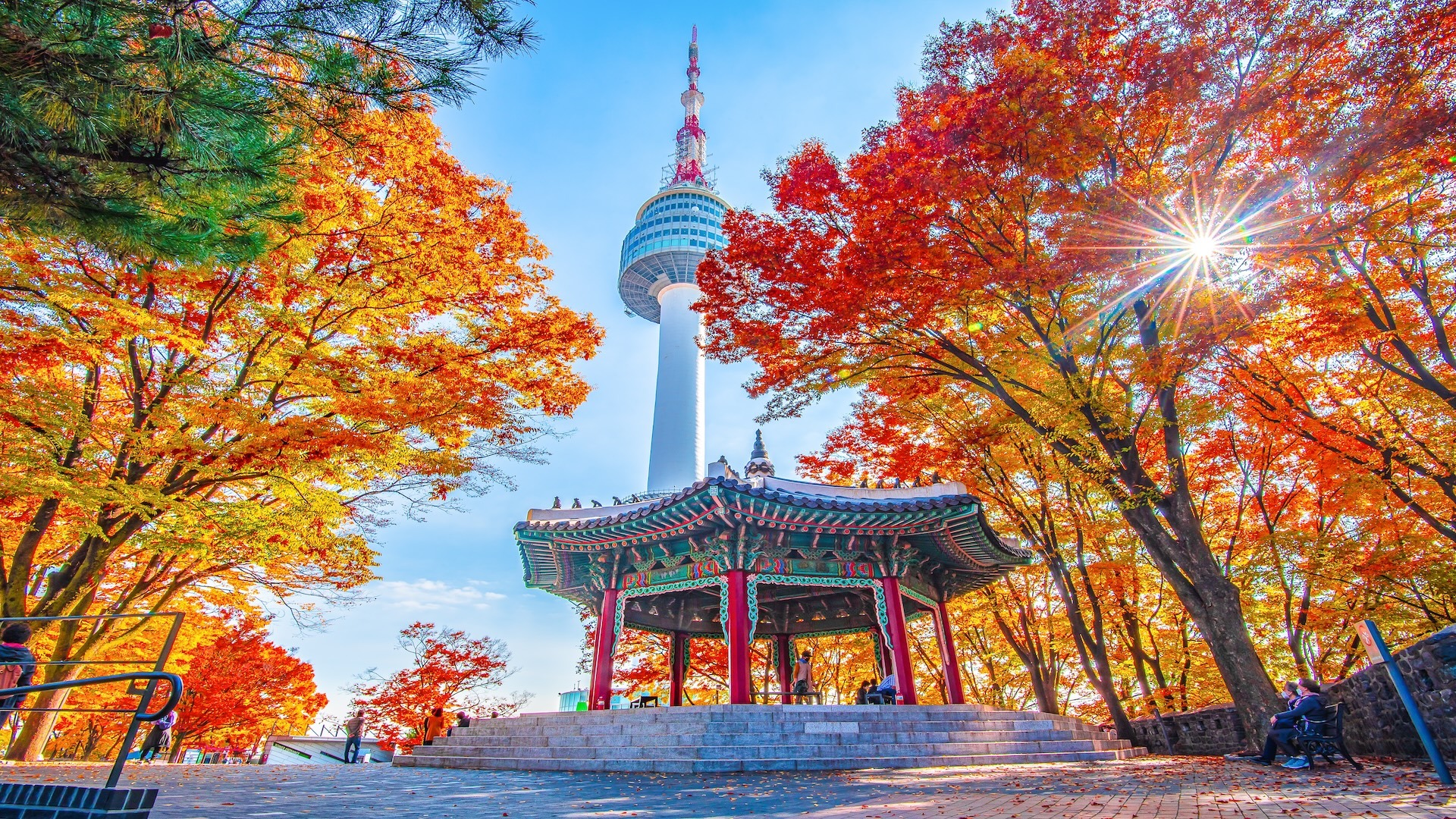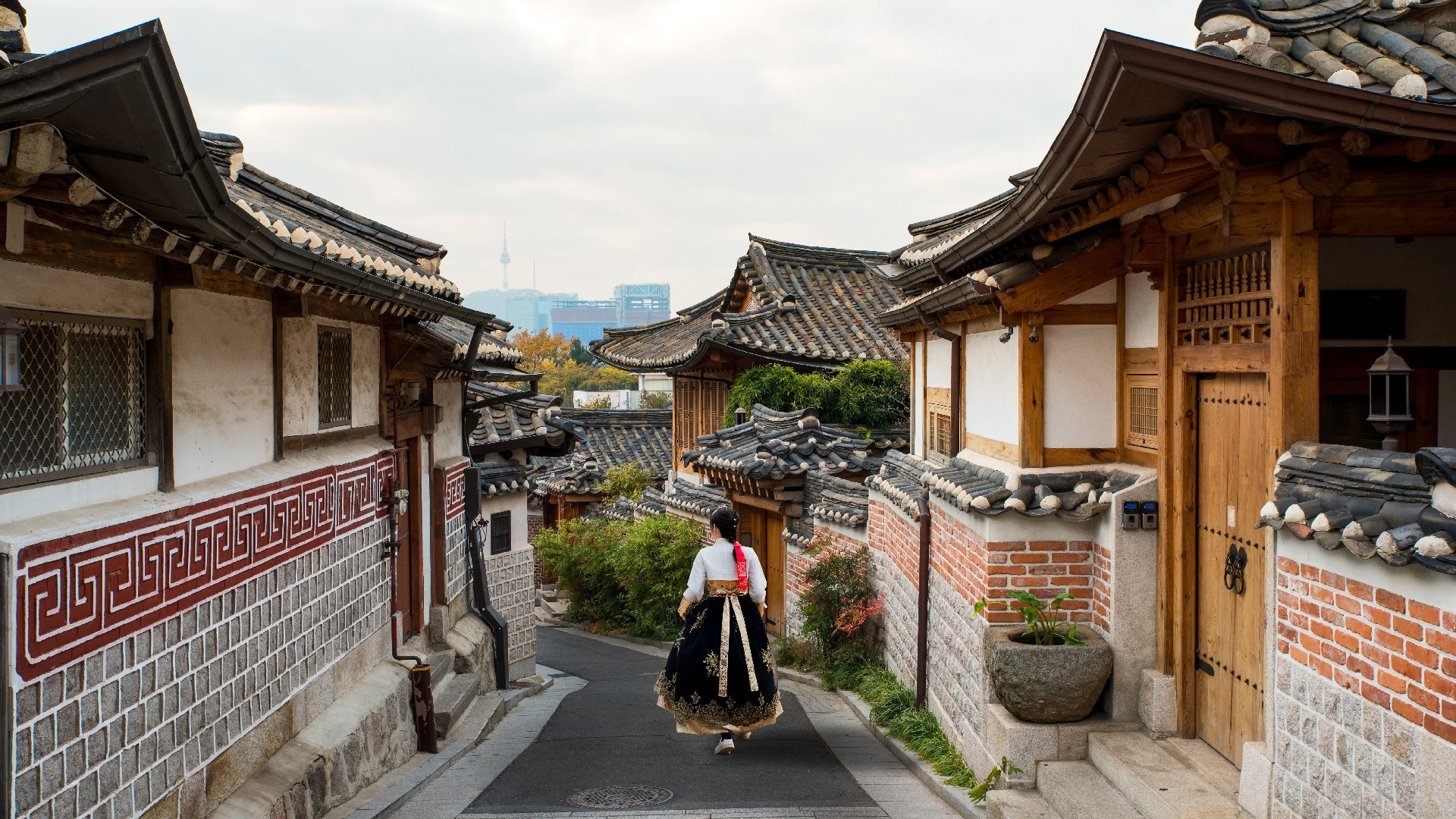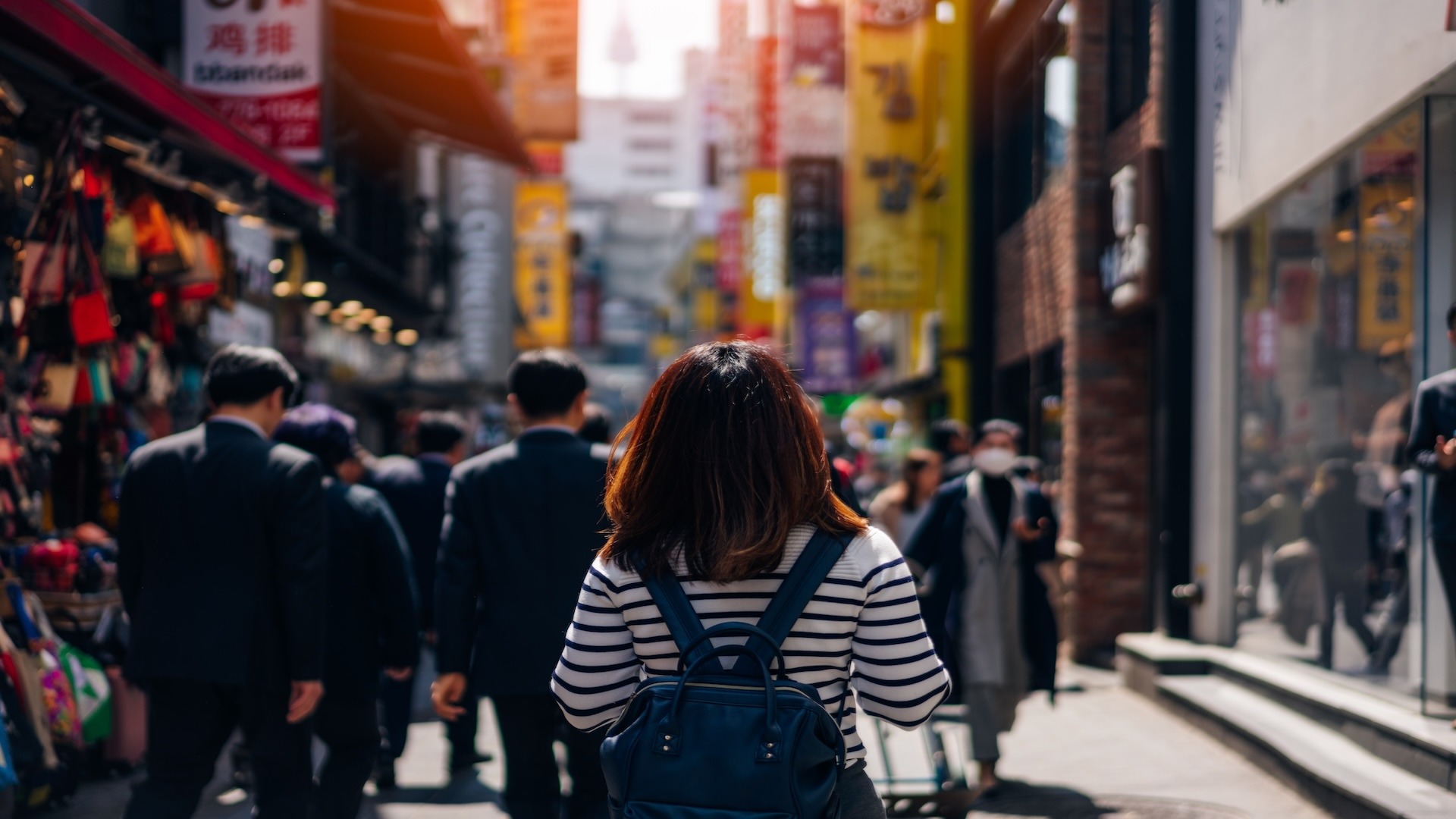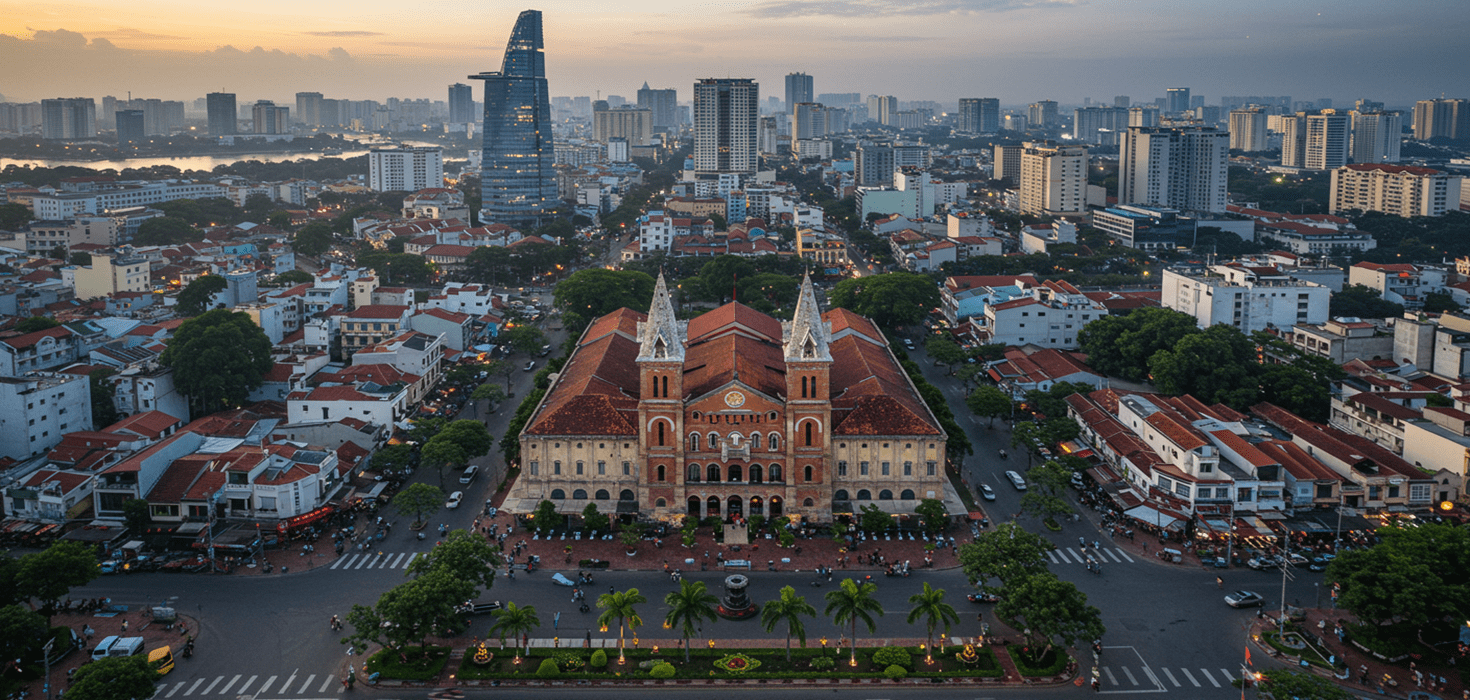Welcome to the land of exquisite cuisine, vibrant culture, and remarkable history—South Korea! Whether it’s your first visit or you’re a seasoned traveler, navigating through this dynamic country can be both exciting and a bit daunting. But don’t worry, we’ve got you covered with this ultimate guide to Korean travel essentials. From packing lists to cultural etiquette, here’s everything you need to explore South Korea like a local.
Packing Essentials for South Korea
Striking a balance between comfort and style is key when packing for South Korea. The country experiences four distinct seasons, so your packing list will vary depending on the time of year:
Spring and Fall
Both seasons are mild, making them ideal for travel. Here’s what you’ll need:
- Light Jacket or Sweater: Mornings and evenings can be chilly.
- Comfortable Walking Shoes: You’ll be doing a lot of walking, especially in cities like Seoul and Busan.
- Sunglasses and Sunscreen: The sun can be deceptively strong during these seasons.
Summer
Summers in South Korea can be hot and humid. Be sure to pack:
- Light, Breathable Clothing: Think cotton and linen fabrics.
- Hat and Sunglasses: To protect yourself from the strong summer sun.
- Reusable Water Bottle: Hydration is crucial, especially if you’re exploring outdoors.
Winter
Winters can be quite cold, particularly in northern regions. Essential items include:
- Heavy Coat or Down Jacket: Ensure you stay warm during your outdoor adventures.
- Thermal Underwear: A lifesaver during frigid winter days.
- Moisturizer and Lip Balm: The cold air can be harsh on your skin.
Understanding Korean Culture and Etiquette
South Korea is a country rich in traditions and cultural norms. Respect for these customs will not only earn you goodwill but also make your trip more enjoyable.
Respect for Elders
In Korean culture, respecting elders is paramount. Always greet older people first and use both hands when giving or receiving something from them as a sign of respect.
Dining Etiquette
Dining in South Korea comes with its own set of etiquette rules:
- Wait for the eldest to start eating before you do.
- Don’t point with your chopsticks, and place them neatly on the table when not in use.
- It’s polite to pour drinks for others rather than yourself.
Public Behavior
South Koreans value harmony and public order. Loud or boisterous behavior is generally frowned upon. Use soft tones when speaking in public spaces.
Essential Korean Phrases
While many South Koreans, especially in urban areas, understand English, learning a few basic Korean phrases can go a long way in enriching your travel experience:
- Annyeonghaseyo: Hello
- Kamsahamnida: Thank you
- Juseyo: Please (often used when asking for something)
- Hwajangsil eodieyo? Where is the bathroom?
- Yeong-eo hal su isseoyo? Do you speak English?
Getting Around South Korea: Transportation Guide
South Korea boasts an efficient and extensive transportation system, making it easy to travel between cities and within urban areas. Here’s how to navigate through the country like a pro:
Public Transportation
The public transport system in South Korea is top-notch, with extensive and reliable subway and bus networks:
- Subway: The subway system, especially in Seoul, is extensive and easy to use. Signs and maps are in both Korean and English. Purchase a T-money card for convenient travel.
- Buses: Buses are a great way to get around and cover routes that the subway may not. Look for color-coded buses that indicate the type of service (local, express, etc.).
- Taxis: Taxis are readily available, and while it’s more expensive than public transport, they are still affordable compared to other countries. Remember to carry a card with your hotel address in Korean, just in case.
Intercity Travel
Traveling between cities is straightforward thanks to high-speed trains and long-distance buses:
- KTX (Korea Train Express): The KTX is the fastest way to travel between major cities like Seoul, Busan, and Daegu. Book tickets in advance, especially during peak times.
- Express Buses: These buses are an economical option for intercity travel. The Express Bus Terminals in bigger cities are convenient to navigate.
Korean Currency and Payment Tips
Handling payments in South Korea is simple, but here are some tips to keep in mind:
Currency
The official currency of South Korea is the South Korean Won (KRW). It’s a good idea to have some cash on hand, especially for small transactions in local markets or smaller establishments.
Payment Methods
South Korea is highly modernized when it comes to payment options:
- Credit and Debit Cards: Widely accepted in most places including hotels, restaurants, and shops.
- T-money Card: Apart from being used for public transport, the T-money card is also accepted in convenience stores and some other shops.
- Mobile Payments: Samsung Pay and other mobile payment systems are frequently used by locals, but might be trickier for tourists due to the need for a local phone number.
Connectivity: SIM Cards and Wi-Fi
Staying connected in South Korea is straightforward with plenty of options for SIM cards and Wi-Fi:
SIM Cards
Purchasing a prepaid SIM card is highly recommended for convenience. Options are available at the airport or in major convenience stores. KT, SK Telecom, and LG U+ are the major providers offering various plans.
Portable Wi-Fi
If you prefer to keep your current SIM card, renting a portable Wi-Fi device is a great alternative. These can be picked up and dropped off at major airports or electronic stores like E-mart.
Safety Tips for a Smooth Trip
South Korea is generally a very safe country, but it’s always good to be prepared:
Here are some practical safety tips to keep in mind:
- Emergency Numbers: Dial 112 for the police and 119 for fire and medical emergencies.
- Stay Alert in Crowded Places: Like any busy city, be mindful of your belongings, especially in crowded areas like markets and festivals.
- Respect Local Laws and Customs: This extends to everything from smoking in public places (only in designated areas) to being cautious with photos that may infringe on others’ privacy.
Top Mobile Apps for Travelers in South Korea
Make your travel experience smoother and more enjoyable with these must-have mobile apps:
Naver Maps
While Google Maps works to some extent, Naver Maps is more commonly used in South Korea for precise navigation. It’s in Korean, but has an English feature.
KakaoTalk
The go-to messaging app for Koreans, it’s helpful for staying in touch with new friends and for using services like KakaoTaxi.
Papago
A fantastic translation app that supports English-Korean translations, which can be a lifesaver.
















